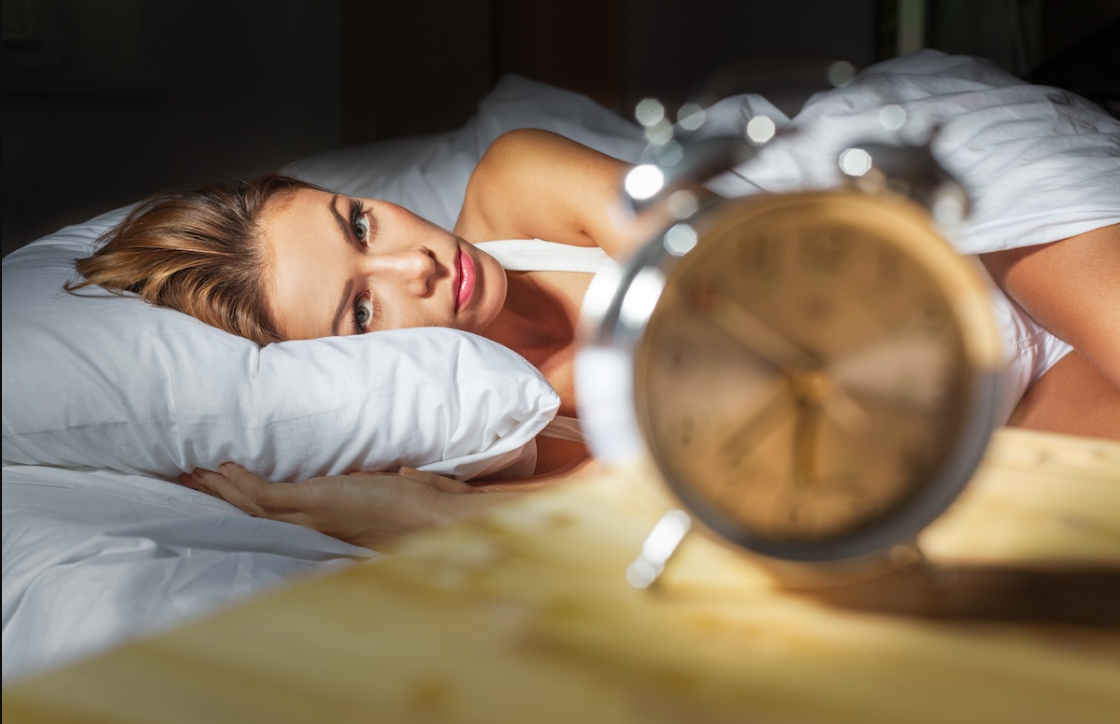Technology has become an integral part of our daily lives, and mobile and computer devices have become ubiquitous in our homes, workplaces, and bedrooms. While these devices have made our lives more convenient and connected, they have also been linked to adverse effects on our sleep patterns. In this article, we will discuss the impact of mobile and computer devices on our sleep patterns and some ways to mitigate these effects.
Blue Light and Melatonin Suppression
One of the primary ways that mobile and computer devices impact our sleep patterns is through blue light exposure. Blue light is a high-energy wavelength of light that is emitted by most electronic devices, including smartphones, laptops, and tablets. Exposure to blue light can suppress the production of melatonin, a hormone that regulates our sleep-wake cycle, making it harder to fall asleep and stay asleep.
Increased Stimulation and Alertness
Mobile and computer devices can also increase our stimulation and alertness, making it harder to unwind and fall asleep. The use of social media, gaming, and other forms of entertainment can be particularly stimulating, leading to an increase in heart rate, respiration, and brain activity, making it harder to transition into a relaxed state conducive to sleep.
Disruption of Sleep Patterns
The use of mobile and computer devices before bedtime can also disrupt our sleep patterns by delaying the onset of sleep and reducing the quality of our sleep. Studies have shown that exposure to electronic devices before bedtime can reduce the amount of deep sleep and REM sleep, leading to daytime sleepiness, fatigue, and reduced productivity.
Poor Sleep Hygiene
The use of mobile and computer devices before bedtime can also lead to poor sleep hygiene habits, such as irregular sleep schedules, using devices in bed, and sleeping with devices on. These habits can further disrupt our sleep patterns and lead to long-term sleep disturbances.
Mitigating the Effects of Mobile and Computer Devices on Sleep Patterns
While it may be challenging to eliminate the use of mobile and computer devices before bedtime entirely, there are some ways to mitigate the effects of these devices on our sleep patterns:
- Reduce Exposure to Blue Light: One way to reduce the impact of blue light on our sleep patterns is to use software or apps that reduce the blue light emitted by our devices. Some devices also come with built-in night mode features that reduce blue light emission automatically.
- Establish a Technology-Free Zone: Establishing a technology-free zone in the bedroom can help create a conducive sleep environment. Removing devices from the bedroom or keeping them out of reach can reduce the temptation to use them before bedtime.
- Limit Screen Time Before Bed: Limiting screen time before bedtime can also help reduce the impact of mobile and computer devices on our sleep patterns. Setting a time limit for device use before bedtime and engaging in relaxing activities like reading, meditating, or listening to music can help prepare the mind and body for sleep.
- Practice Good Sleep Hygiene: Practicing good sleep hygiene habits, such as maintaining a regular sleep schedule, avoiding caffeine and alcohol before bedtime, and creating a comfortable sleep environment, can help improve sleep quality and reduce the impact of mobile and computer devices on our sleep patterns.
Conclusion
In conclusion, mobile and computer devices have become an essential part of our daily lives, but they can also have adverse effects on our sleep patterns. The impact of blue light exposure, increased stimulation and alertness, disruption of sleep patterns, and poor sleep hygiene can lead to long-term sleep disturbances. However, by adopting good sleep hygiene habits, limiting screen time before bedtime, and reducing exposure to blue light, we can mitigate the effects of mobile and computer devices on our sleep patterns and improve our overall health and well-being.





